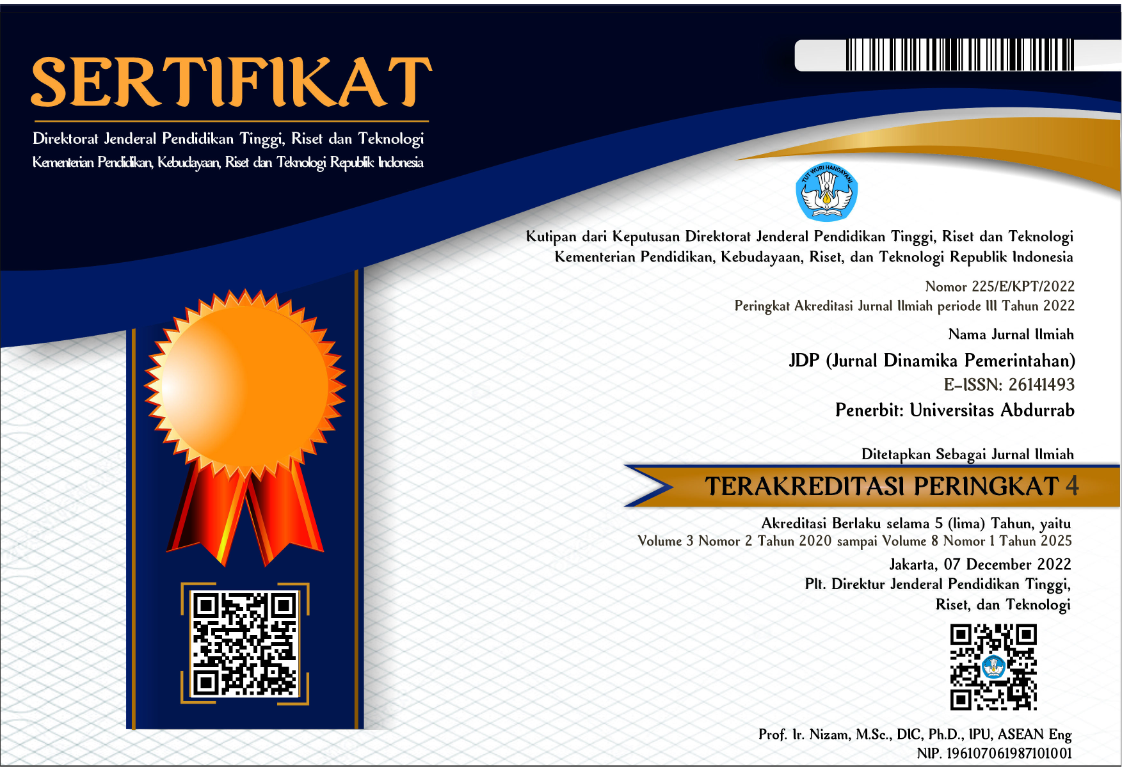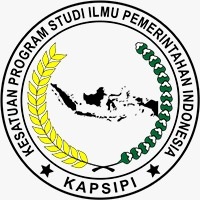STRATEGI ADVOKASI MELALUI PROSES NONLITIGASI DALAM RANGKA PEMBAHARUAN PROSES PERADILAN DI INDONESIA
STRATEGI ADVOKASI MELALUI PROSES NONLITIGASI DALAM RANGKA PEMBAHARUAN PROSES PERADILAN DI INDONESIA
DOI:
https://doi.org/10.36341/jdp.v6i1.3084Keywords:
Mediation, Advocacy, Judiciary, Litigation, Non LitigationAbstract
This study aims to explain the advocacy strategy through the non-litigation process in the context of reforming the judicial process in Indonesia. Mediation in court is an institution and empowerment of peace (court connected mediation) with a philosophical foundation that is Pancasila which is the basis of the Indonesian state, especially the fourth precept "Popularity led by Wisdom of Wisdom in deliberation/representation". In resolving disputes, there are several dispute resolution mechanisms, namely litigation, non-litigation, and advocacy. The method used in this research is literature study, with the type of qualitative descriptive research. The results explain that alternative efforts and strategies for resolving disputes with the Non-Litigation route can achieve a peace in accordance with the wishes of both parties through Mediation, Advocacy and negotiation. In its application there are two types of obstacles in non-litigation efforts to resolve land grabbing disputes, because mediation is not clearly regulated in Law no. 30 of 1999 concerning Artibrasion and Alternative Dispute Resolution. And the non-litigation efforts are legally less certain because their legality is also not explicitly regulated in Law no. 30 of 1999.
Downloads
Downloads
Published
Issue
Section
License
1. Copyright of all journal manuscripts is held by the JDP (Jurnal Dinamika Pemerintahan)
2. Formal legal provisions to access digital articles of electronic journal are subject to the provision of the Creative Commons Attribution-ShareAlike license (CC BY-NC-SA), which means that JDP (Jurnal Dinamika Pemerintahan) is rightful to keep, transfer media/format, manage in the form of databases, maintain, and publish articles.
3. Published manuscripts both printed and electronic are open access for educational, research, and library purposes. Additionally, the editorial board is not responsible for any violations of copyright law.
licensed under a Creative Commons Attribution-ShareAlike 4.0 International License.













